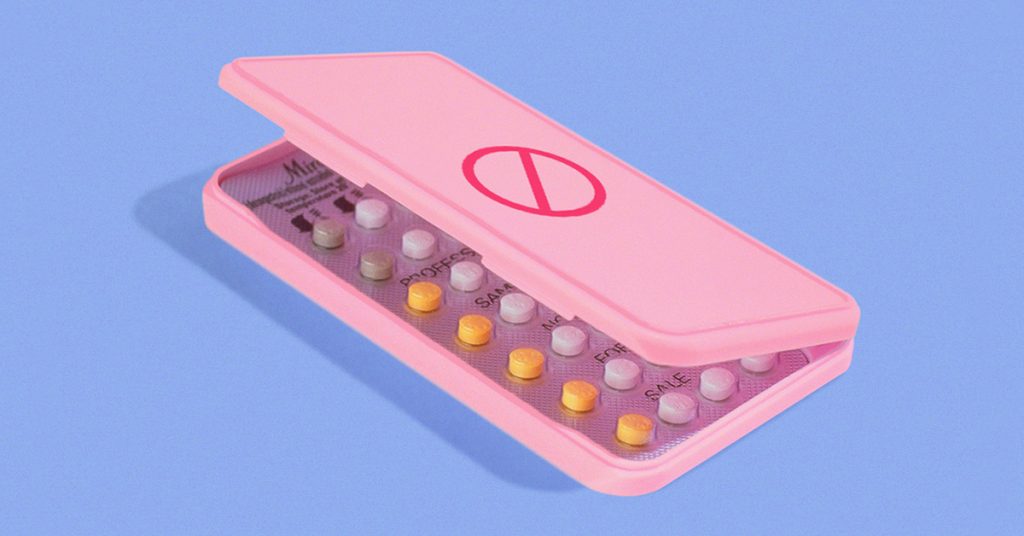
Birth Control Pills: The Possible Long Term Side Effects
Birth Control Pills are very common and the most popular form of Birth Control used today. Birth Control Pills prevent pregnancy in 99% of cases when taken properly.
As women, we are constantly told about the different types of birth control pills and what they can do for us. We are also warned about the potential side effects. However, many women don’t know about the long term side effects of birth control pills.
In this post, I will discuss some of the long term side effects of birth control pills and how they can affect our health. I hope that by doing so, more women will be informed about these side effects and make an informed decision about whether or not to take birth control pills.
How Does a Birth Control Pill Work?
During the time you are on birth control pills your cycle is under your control. Birth control pills contain hormones that stop the ovaries from releasing eggs and thicken your cervical mucus to make it more difficult for sperm to swim to an egg.
Birth control pills come in two main forms: Combined Birth Control Pills and Progestin Birth Control Pills. Birth control pills do not protect against sexually transmitted diseases (STD).
The Birth Control Pill Pack
Females who use birth control pills should be aware of the birth control pill pack. Birth control pills come in a packet containing 28 active tablets and 4 inactive tablets (usually these are sugar or iron pills). Birth control pill packets usually come with a calendar label attached so you know when to start the next packet.
What Are The Long-Term Birth Control Pill Side Effects?
Birth control has both positive and negative side effects that must be considered before starting any form of hormonal contraceptives. A doctor can advise individuals about the safety and risks of using long-term birth control according to their medical history.

The specific long term side effects vary widely among individuals.
While many women use hormonal birth control with no issues, some may experience long-term side effects, such as:
- Cancer – Birth control could increases your chance of getting certain types of cancer including uterine cancer, breast cancer (after taking birth control for 10 years) and cervical cancer. Birth control has been known to cause the development of benign tumors in some women that need to be surgically removed. Birth Control Pills should not be used by women who currently have cancer or may get cancer.
- Blood Clots – Birth control that contains estrogen has been known to cause blood clots in users which can be very dangerous if not treated immediately. However, this side effect remains extremely rare.
- Heart Attacks – The long-term use of birth control pills also slightly raises your risk for developing high blood pressure and heart attack after the age of 40.
- Weight Gain – Some women find that after being on birth control pills for a long time they experience weight gain.
- Acne – Acne is a common long term side effects of birth control pills.
So, if you’re happy with your current hormonal birth control and don’t have any family history of breast or cervical cancers, there’s no reason to stop taking them.
Birth control is not right for everyone so it is important to discuss all options available with a health care professional before deciding what type of contraception will work best for you.

Your nurse or doctor will talk with you about your medical history.
Wrapping Up
Ultimately, it’s up to you whether or not you continue taking hormonal birth control pills – just make sure you are fully informed about the risks and benefits involved before making a decision.
Your period will last longer if you have recently stopped taking hormonal birth control. That’s because it takes time for your hormones to regulate themselves again, even after three months it’s possible that there may still be some hormones remaining in your system.
If you have concerns about the medications that you are taking, speak with your doctor or healthcare provider to discuss alternative options.
Dr James S Pendergraft | Orlando Women’s Center


Leave a Reply